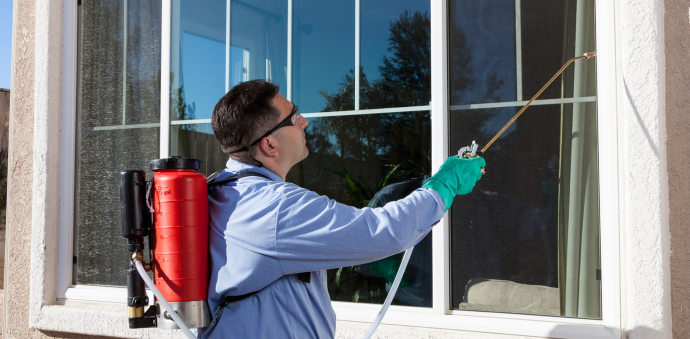
Discovering pests in your rental property, whether cockroaches, rodents, bed bugs, or ants can quickly turn a place you call home into a source of stress and health concerns. If you’re a tenant in North Carolina wondering how long your landlord has to fix pest problems after you notify them, this article offers a clear and comprehensive guide on the topic.
Understanding your landlord’s legal obligations, the concept of “reasonable time” for pest control, and your rights as a tenant can empower you to take effective action. If your landlord is delaying or neglecting pest control, you’ll also learn what steps you can take to protect yourself legally, including how LawPassport can connect you with qualified attorneys to secure your rights and relief.
North Carolina landlords are legally obligated to maintain rental properties in habitable and safe conditions under the implied warranty of habitability codified in N.C. Gen. Stat. § 42-42. This warranty includes the responsibility to address pest infestations that threaten tenant health or safety.
Because pests like rodents and cockroaches can carry diseases and cause property damage, landlords must respond with appropriate pest control measures promptly once notified.
There is no fixed deadline in North Carolina law explicitly stating how many days landlords have to fix pest issues. Instead, the law expects landlords to act within a “reasonable time” after proper tenant notification. But what does "reasonable" mean in practice?
Experts and legal precedents offer these general guidelines depending on the type and severity of pests:
If the pest infestation creates an emergency or hazardous living condition, quicker landlord action is required.
Tenants can experience physical health risks, allergies, emotional distress, and property damage from prolonged pest infestations. For landlords, delays increase liability risks, potential legal disputes, and damage to their property’s reputation.
Communication is key. Once landlords receive written notification of pests, they should immediately schedule pest control treatments to avoid worsening the problem.
Always inform your landlord promptly in writing about the pest infestation. Keep a copy for yourself to document the notification date.
Take dated photos or videos showing pests or related damage. Keep records of all communications with your landlord.
If the landlord does not act, send reminders or request updates, specifying reasonable timeframes for treatment given the pest type.
If the landlord ignores the problem, you can report health or housing code violations to local agencies who may compel pest control.
If your landlord fails to respond within a reasonable time:
Always consult a tenant attorney before taking drastic measures.
Delays in pest remediation can:
Landlords are wise to act swiftly and document all pest control efforts and tenant communications.
Dealing with pest problems and landlord inaction can be overwhelming. LawPassport connects North Carolina tenants with experienced attorneys specializing in landlord-tenant and habitability law, who can:
Accessing legal help early can improve your chances of a fast, favorable resolution.
If your landlord in North Carolina has not fixed pest problems within a reasonable time or is ignoring your complaints, don’t suffer in silence. Get trusted legal advice and support from LawPassport today.
Connect with experienced tenant attorneys who will fight for timely pest control, safer living conditions, and your legal rights. Protect your home and health now with LawPassport.
Read: Can You Break a Lease for Mold and Pest Problems Combined?
Read: Do I Have to Prove Pest Infestation to Break My Lease?